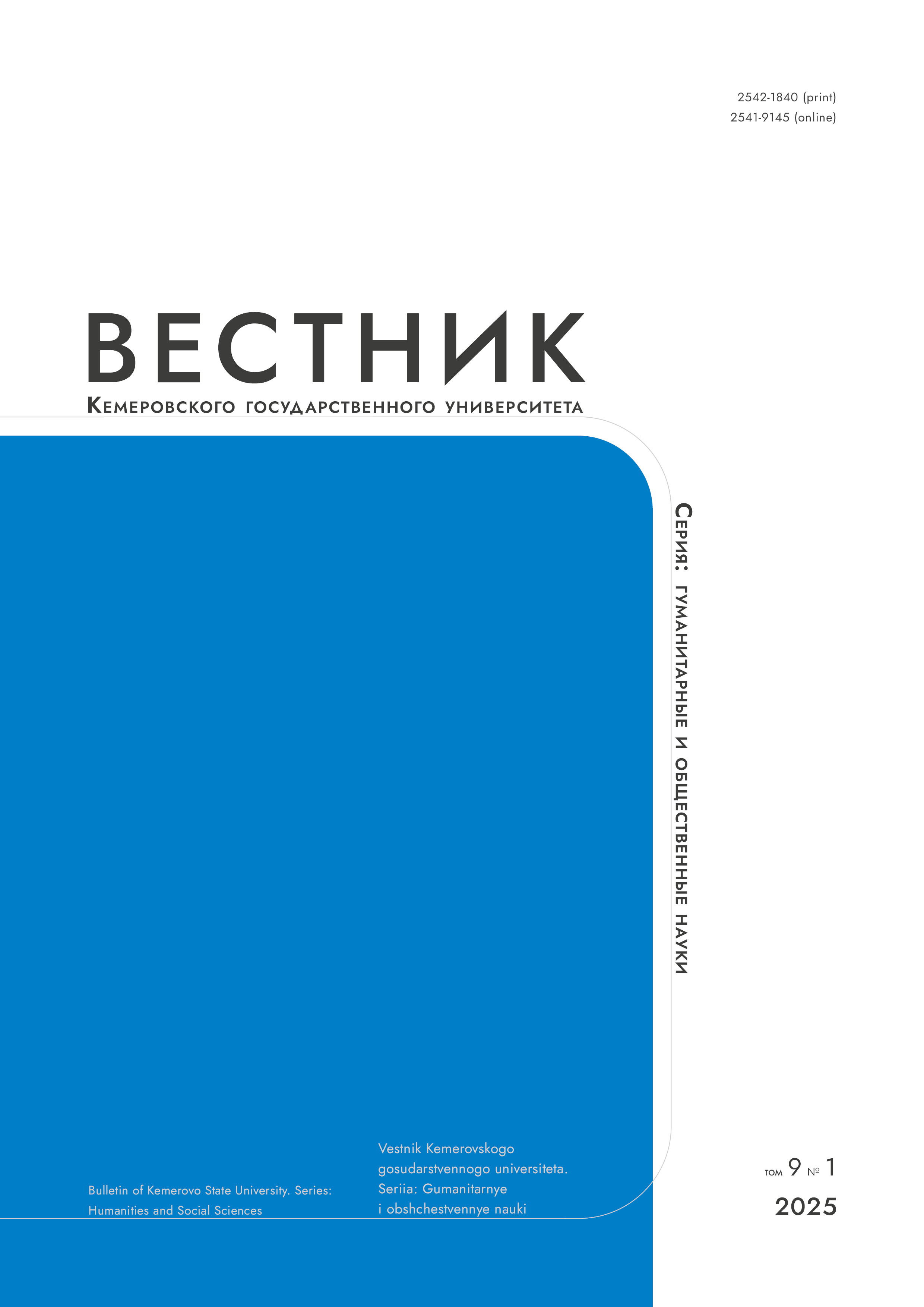Moskva, Russian Federation
UDC 34
Indemnity is considered in three aspects: the philosophy of law, the principles of civil law, and the legislative establishment in the Civil Code of the Russian Federation. This study focuses on this ambiguous institution that was introduced on June 1, 2015, in order to maintain the practice of parties applying contractual terms that are not part of the counterparty's mandatory program. The article analyzes the controversial issues of the need to introduce the institution of indemnity, for instance, the decision to narrow its scope of application in comparison with the Anglo-Saxon law countries. The scope of application of indemnity is limited by its subject composition. Legal entities with a complex corporate structure are especially interested in this institution: the higher their risks connected with reputation, foreign economy, market conditions, strategy, etc., the greater the need for establishing indemnity. The present research does not cover all scientific publications on this subject, as most of them demonstrate a critical view of the fact that the institute of indemnity was borrowed from the English law. Similarly, the paper does not describe the indemnity formation process in the contract law of England, as scientific literature on this matter is abundant. This work is aimed at analyzing the causes of legislative establishment, identifying problems in the practice of application, and forming models of effective legal understanding of indemnity.
circumstances defined in the contract, indemnity, obligation relations, contractual terms, indemnifying
1. Egorov A. V. The structure of commitment: developments in German doctrine and their applicability in Russia. Civil Law Review, 2011, 11(3): 241-274. (In Russ.)
2. Lyotard J.-F. La condition postmoderne, tr. Shmatko N. A. Moscow: In-t eksperim. sotsiologii; St. Petersburg: Aleteiia, 1998, 159. (In Russ.)
3. Nersesiants V. S. Philosophy of law. Moscow: Norma, 2005, 656. (In Russ.)
4. Chestnov I. L. Postclassical theory of law. St. Petersburg: ALEF-Press, 2012, 649. (In Russ.)
5. Aranovsky K. V. Right exists in a person. Zakon, 2019, (12): 8-18. (In Russ.)
6. Baudrillard J. City and hate. Logos, 1997, (9): 107-117. (In Russ.)
7. Schapp J. Einführung in das bürgerliche recht. Moscow: Mezhdunarodnye otnosheniia, 2006, 357. (In Russ.)
8. Karapetov A. G. Indemnity clause: commentary on article 406.1 of the Civil Code of the Russian Federation. Vestnik ekonomicheskogo pravosudiia Rossiiskoi Federatsii, 2016, (5): 80-98. (In Russ.)
9. Kötz H., Lormann F. Introduction to the law of obligations. Problems of civil and business law in Germany, trs. Karimullin R. I., Lizunov A. A., Nam K., Stepanova E. V.; ed. Iakovleva T. F. Moscow: BEK, 2001, 37-74. (In Russ.)
10. Wieacker F. Die forderung als mittel und gegenstand der vermögenszuordnung. Kleine juristische schriften. Eine sammlung zivilrechtlicher beitrage aus den jahren 1932 bis 1986. Göttingen: O. Schwartz, 1988, 255.
11. Markesinis B. S., Unberath H., Johnston A. Ch. The German law of contract: A comparative treatise, 2nd ed. Oxford, UK: Hart Publishing, 2006, 1040.
12. Mill J. S. On liberty, tr. Fridman A. Nauka i zhizn, 1993, (11): 10-15. (In Russ.)
13. Dernburg H. Law of obligations, tr. Sokolovskii P., 3rd ed. Moscow: Pechatnia A. Snegirevoi, 1911, XVI, 396. (In Russ.)
14. Karapetov A. G. Representations and provisions for recovery of losses in the new version of the civil code of the Russian Federation. Zakon, 2015, (6): 43-56. (In Russ.)
15. Feinberg J. Legal paternalism. Canadian Journal of Philosophy, 1971, 1(1): 105-124.
16. Festinger L. A theory of cognitive dissonance, trs. Anistratenko A. A., Znaesheva I. Moscow: Eksmo, 2018, 251. (In Russ.)
17. Ben-Shahar O., Porat A. Foreword: Fault in American contract law. Mich. L. Rev., 2009, 107(8): 1341-1348.
18. Mellert C. R. Selbstständige garantien beim unternehmens-kauf - auslegungs- und abstimmungsprobleme. Betriebs-Berater, 2011, 66(27): 1667.


















